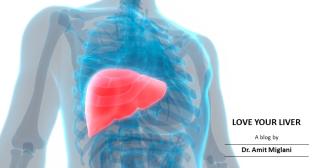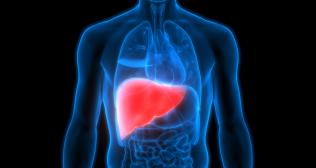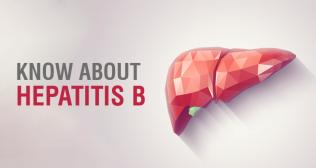
Understanding Haematemesis: Key Causes, Symptoms and Treatment Options
Blood vomiting, medically known as haematemesis, is a distressful and potentially alarming symptom that can manifest in various forms. Blood in vomit might appear bright red or dark brown, like coffee grounds. The cause of the conditions can be triggered by a range of conditions, where some may pose serious health risks. This blog explores critical aspects of haematemesis, including key causes, symptoms and treatment options.
What does the colour of vomited blood indicate?
The colour of vomited blood can provide important clues about the source and severity of the bleeding. Darker blood often suggests that bleeding originates from an upper gastrointestinal source, such as the stomach and typically indicates slower, steadier bleeding. In contrast, bright red blood usually points to an acute bleeding episode from the oesophagus or stomach, suggesting a faster bleeding source. However, the colour alone may not always accurately reflect the severity or exact source of the bleeding, so it is crucial to seek medical attention for a thorough investigation. An immediate medical evaluation is essential when there is substantial blood loss, typically 500 cc or the size of a small cup, or experience symptoms like dizziness or changes in breathing.
Causes of Haematemesis
- Vomiting blood may be caused by the following conditions:
- Oesophagus irritation
- Nosebleeds
- Swallowing blood
- Swallowing a foreign object
- Stomach ulcers
- Aspirin side effects
- Gastritis, or stomach inflammation
- Non-steroidal anti-inflammatory drug side effects
- Pancreatitis
- More serious causes of blood vomiting include:
- Oesophageal cancer
- Lung cancer
- Cirrhosis
- Erosion of the stomach lining
- Pancreatic cancer
- Oesophageal Varices
Symptoms
Several symptoms, apart from vomiting blood, may manifest, such as:
- Nausea
- Abdominal discomfort
- Abdominal pain
- Vomiting stomach contents
- Dizziness
- Blurred vision
- Rapid heartbeat
- Changes in breathing
- Cold or clammy skin
- Confusion
- Fainting
- Severe abdominal pain
Diagnosis
Imaging scans detect abnormalities in the body, such as ruptured organs or unusual growths. Common imaging tests used include:
- CT scan
- Endoscopy
- Ultrasound scan
- X-ray
- MRI
- Biopsy (may be advised to identify the cause of bleeding and check the signs of infection, inflammation or cancer)
Complications of vomiting blood
Blood vomiting can trigger various complications, such as choking or aspiration. If the blood is inhaled into the lungs, it may impair breathing and may pose serious health risks. Older adults with a history of stroke and alcohol abuse and individuals with a history of disorders affecting their ability to swallow are at risk for aspiration of stomach contents. The complications of blood vomiting include:
- Anaemia
- Hypovolemic shock
- Organ damage
- Death
How is haematemesis treated?
Here are some of the treatment approaches:
- Blood transfusion: It refers to the replacement of lost blood. In this procedure, blood is fed into your vein through an IV line.
- IV infusion: An intravenous fluid is also administered to restore the electrolyte balance and rehydrate the body.
- Medications: Doctors may prescribe medications to lower stomach acid, treat infections or control conditions such as ulcers or gastritis. Common medications include PPIs, antibiotics and anti-inflammatory drugs.
- Endoscopic procedures: An endoscopy may be carried out to find the source of the bleeding and to treat it directly. In this procedure, a flexible tube with a camera (endoscope) goes through the mouth in order to see the gastrointestinal tract. Treatments may include cauterisation (burning the bleeding vessel) and clipping or injecting medication to halt the bleeding.
- Surgery: In more extreme cases, where treatment through an endoscope is not adequate, surgery may be taken to address the source of the bleeding. This could include removing part of the stomach or intestines, repairing a punctured blood vessel or addressing structural damage.
- Monitoring and supportive care: Hematemesis is associated with the need for close monitoring in hospitals. Common assessments would be regular monitoring of vital signs, blood tests to observe trends in haemoglobin, and supportive care to manage symptoms and prevent complications.
Lifestyle and dietary changes would be required for long-term management and to prevent recurrence. These might include avoiding alcohol, smoking and certain medications that cause gastric irritation, as well as a diet that minimises the production of acid in the stomach.



















